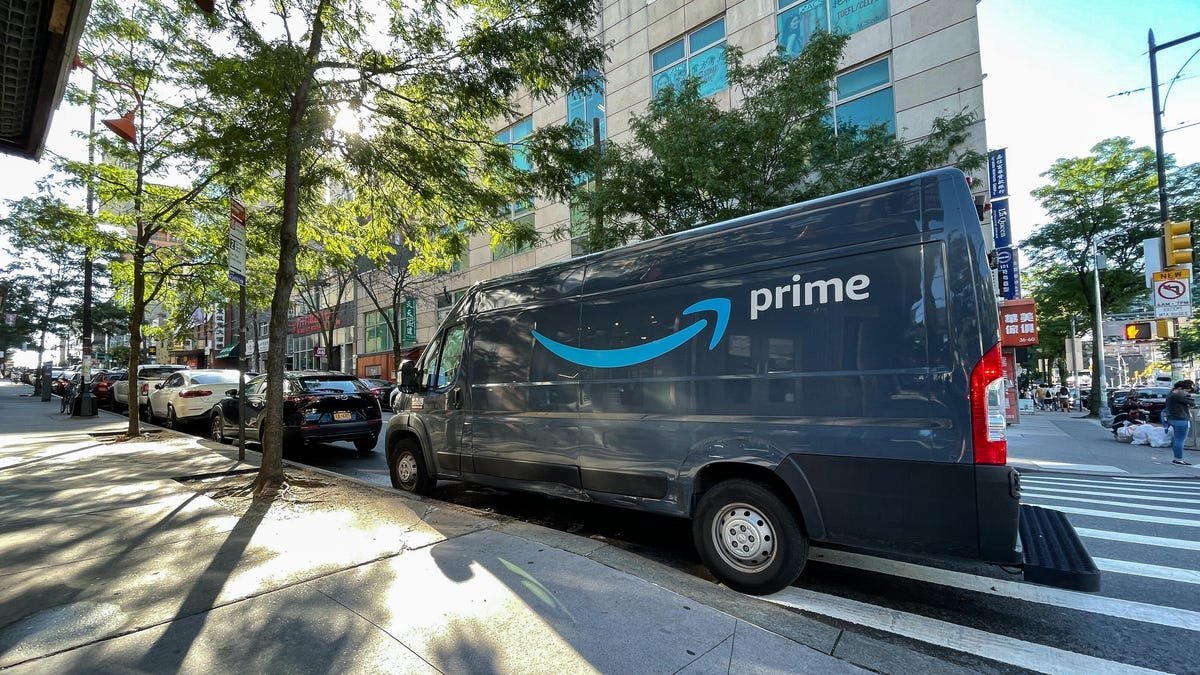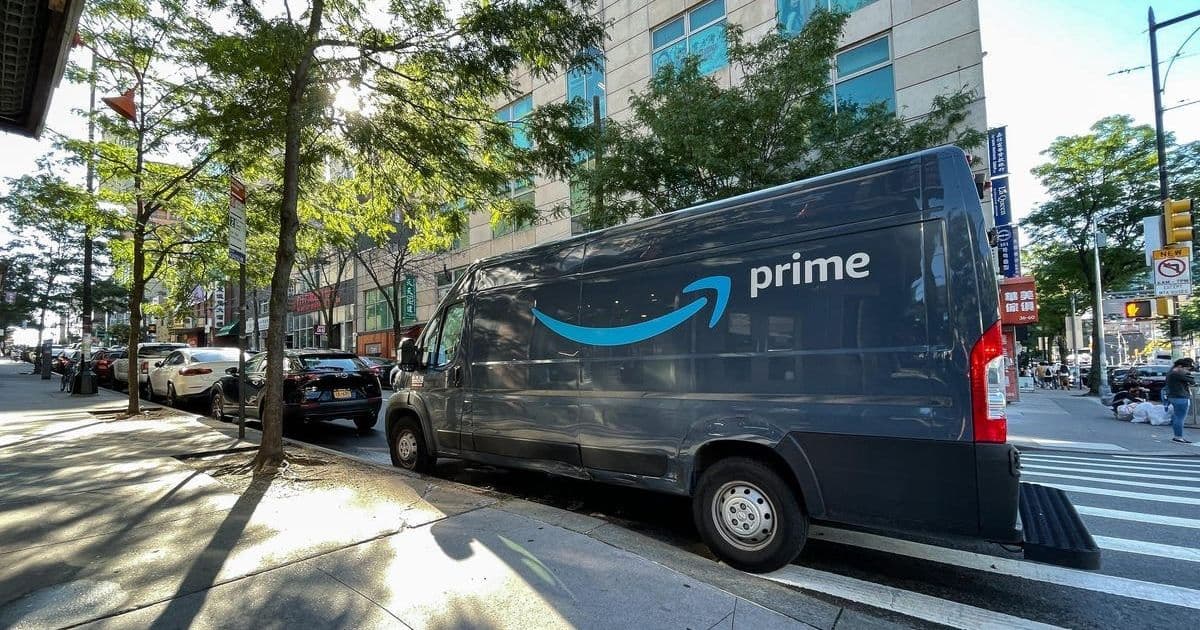Amazon is ending its long-running Prime Invitee program, eliminating a key shipping perk that allowed subscribers to share benefits with non-household members. The move forces remaining users onto the stricter Amazon Family plan, requiring shared wallets and cohabitation verification, signaling a shift toward tighter account control.

For over 15 years, Amazon Prime's Invitee program offered a unique loophole: subscribers could share the coveted benefit of free, fast shipping with individuals outside their immediate household, even those at different addresses. That era ends October 1, 2025. Amazon has confirmed the quiet sunset of the legacy Prime Invitee program, a move first spotted on an Amazon support page and via customer notifications. This terminates a significant perk grandfathered for early adopters since its 2008 inception.
The End of an Era for Distributed Sharing
The Prime Invitee program stood out by allowing primary account holders to extend shipping benefits to others without mandating they share a physical residence or, critically, a digital wallet. This flexibility was invaluable for families with members living apart (like college students or elderly parents) or close-knit friend groups. New signups were halted years ago, but existing users clung to this increasingly rare privilege – until now.
"We are writing to inform you that the Prime Invitee Program, which allowed sharing Prime's fast, free delivery with others, will end on October 1, 2025," stated Amazon in customer emails seen by CNBC. Invitees themselves will lose access by September 5th.
The Stricter Amazon Family Model Takes Over
Affected users are being directed to the Amazon Family program. While Family allows sharing benefits like shipping, Amazon Music, select digital content, and Grubhub+, it imposes significant technical and logistical constraints:
- Strict Cohabitation Requirement: All members must share the same primary residential address verified by Amazon. The program defines this as "the address you consider to be your home and where you spend most of your time."
- Shared Digital Wallet: Unlike Invitee, Family requires members to share access to the primary account holder's digital wallet and payment methods – a fundamental shift in account security and privacy boundaries.
- Limited Slots: Sharing is restricted to one other adult and up to four teens/kids. Additional adults must purchase their own Prime membership.
Technical Implications and Developer Takeaways
This transition highlights Amazon's strategic tightening of account sharing policies:
- Enforcement Mechanisms: The shift relies heavily on Amazon's ability to verify cohabitation (likely through address history, payment methods, and potentially device/IP patterns) and enforce shared wallet access. This reflects sophisticated backend identity and access management systems.
- Monetization Strategy: Eliminating the Invitee loophole funnels more users towards individual $14.99/month subscriptions. Amazon is offering affected users a discounted $14.99 annual rate initially, a clear incentive to lock in conversions before the standard monthly fee applies.
- Subscription Service Design: Amazon's move underscores a broader industry trend towards limiting flexible sharing models in favor of stricter, more easily monetizable household definitions. Platform architects designing subscription services must now prioritize granular permission controls and robust address verification over open sharing flexibility. The friction introduced by requiring shared wallets is a deliberate barrier.
While users can still purchase items for delivery to non-household addresses, the seamless, autonomous shipping access granted by Invitee is gone. This sunsetting of a legacy program marks a significant evolution in how Amazon defines and enforces the boundaries of Prime membership, prioritizing household unit control and direct monetization over the previous decade's more permissive approach. The technical infrastructure enabling this stricter model is now front and center.

Comments
Please log in or register to join the discussion